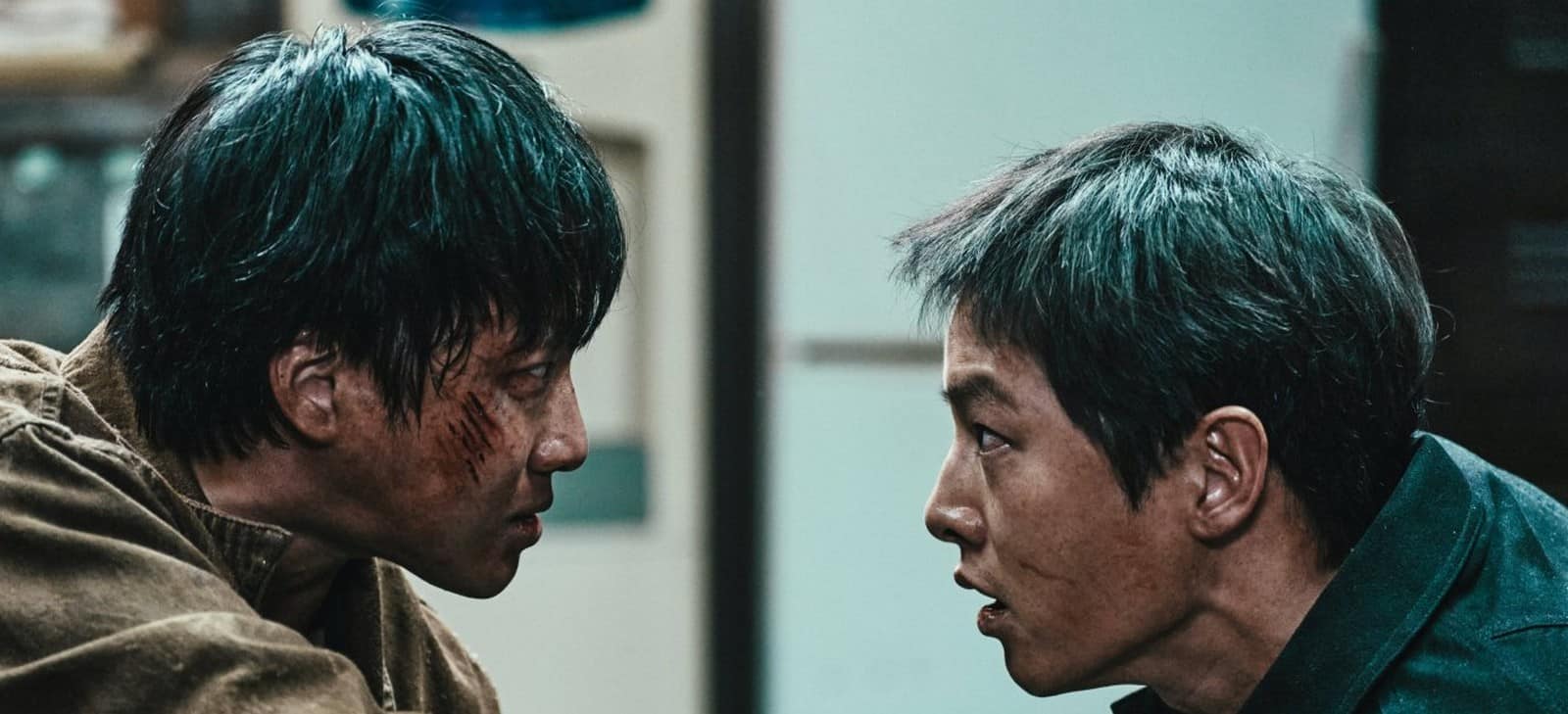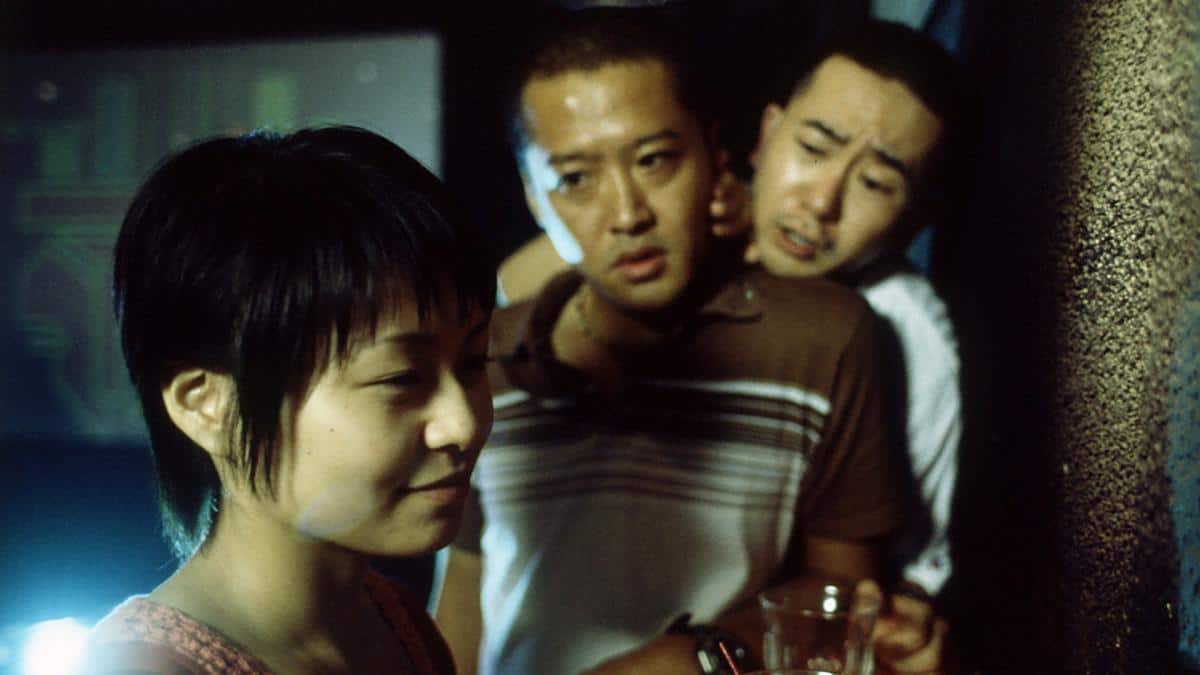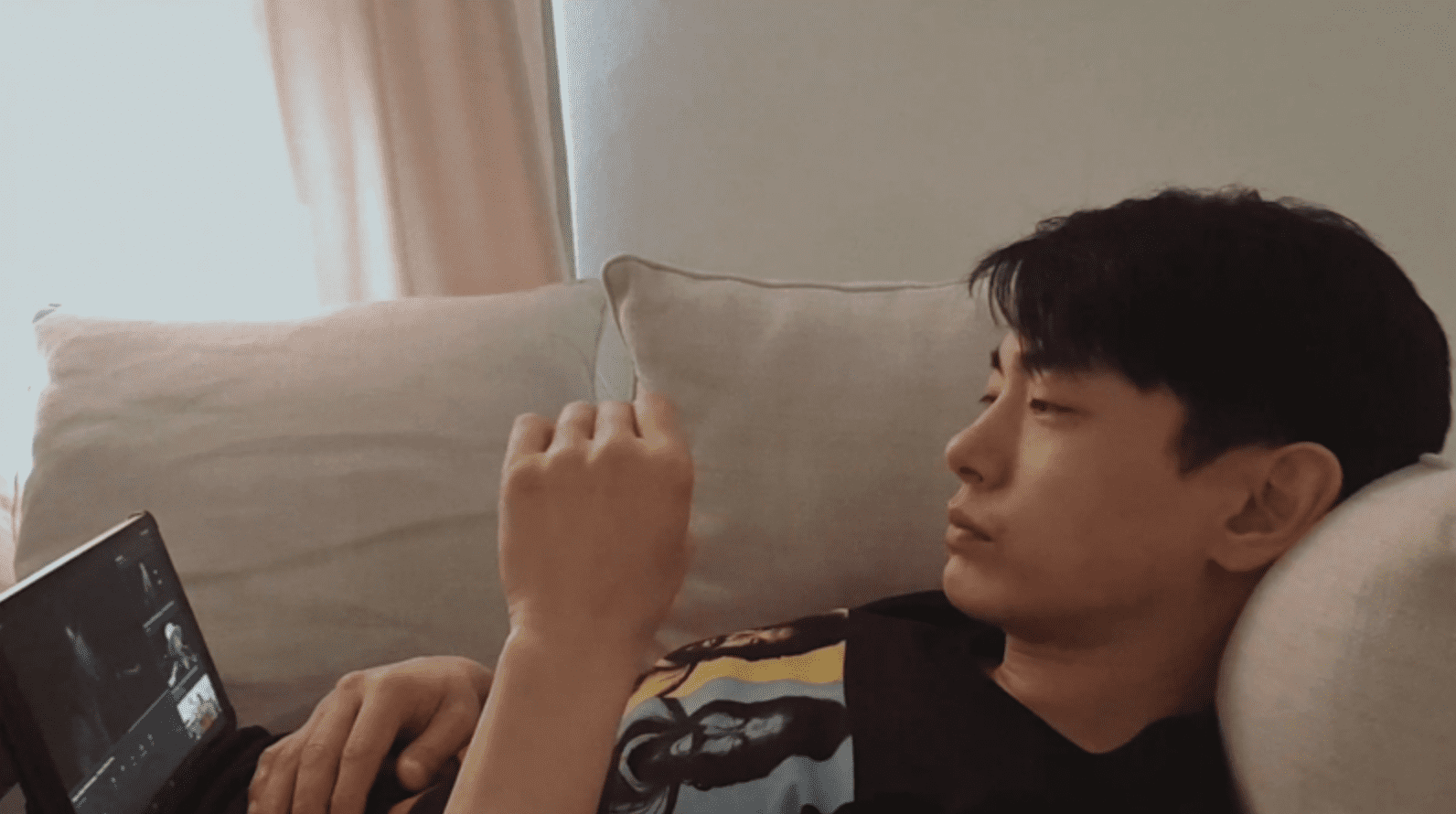“10-year old Ikan lives with his older sister Salomah and their stepfather Deris. Ikan adores his sister and loves all fish, especially his pet snakehead fish Haruan. Some snakeheads eat their young. Apparently, some humans do too. Like the snakeheads, hungry Deris has no natural predator. Like the snakeheads, Salomah is a survivor. Ikan and Haruan will do anything to save their beloved Salomah. Deris must be stopped, at whatever cost…” (official)
“The Snakehead” review is part of the Submit Your Film Initiative

Razli Dalan's “Haruan” offers an experimental exploration of a taboo subject matter, one born out of diasporic hatred for some of the cultural practices from his home country of Malaysia. In dealing with such content by abstract means, Dalan manages to craft a cinematic experience that highlights the best of the avant-garde while tripping over itself in a few instances.
To the credit of Dalan's narrative approach, the format works ideally to convey the raw emotion that can be tied to certain acts, in this case (but not limited to) the theme of child abuse. This sentiment can be relayed in the uncomfortable atmosphere of the film, which utilizes aspects of childlike innocence into the presentation, including art and a young boy's perspective on the events. With the director stating his intent to “find an alternative cinematic platform to discuss taboos with a society which may not necessarily wish to engage them”, the film becomes an undeniable success in delivery.
Additionally, the sense of exploring taboos' is heightened by a strong visual approach that utilizes nightmarish imagery along with creative use of animation. Consequently, the movie becomes a visual treat of creative ideas and cinematography that works in spite of the eclectic approach. This sentiment can also be extended to the sound design, which also offers intrigue in diversity and maintains an odd sense of balance. Overall, the time and consideration put into creating a unique visual/audio experience is apparent, marking it as one of the biggest draws.
Where the production does begin to falter is in its tendency to overindulge in its own subject matter, a common critique of the experimental genre as a whole. As a result, the flow can often linger too long in certain sequences, in an attempt to really drive home the implied profundity of any given scene. This can numb the visceral reaction to certain moments, which may have been better served if edited down and using sharper cuts to further push the perturbing atmosphere.
Another issue with the film, also a common trapping within the genre, is its struggle to effectively convey its message. The theme of child abuse, and the systematic failings that can act to agitate the problem, is explored with clarity through a determined and passionate narrative. However, many elements become harder to comprehend, particularly within the varied approach of conveying narrative. This ambiguity in delivery could be a positive to some audiences, particularly to those who enjoy analyzing all the nuances within avant-garde projects.
“Haruan: The Snakehead” is certainly a unique experience, that thrives on its ability to convey emotion through a free form narrative. The movie does trip up in a few places, but for a director trying to find his voice through avant-garde cinema, “Haruan” offers an experience that is both engaging and jarring. Overall, fans of experimental cinema would be well served to give the film a chance, if just to experience the strength that raw emotion can bring into a production of this ilk.















